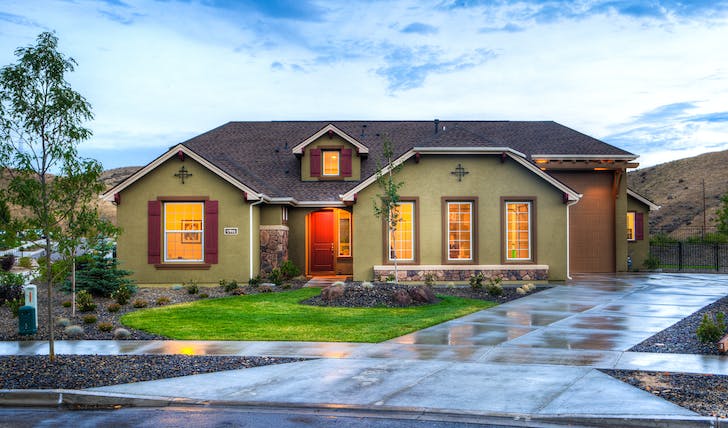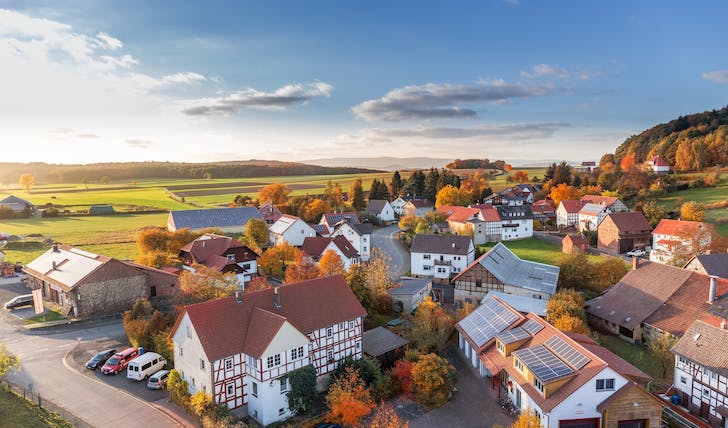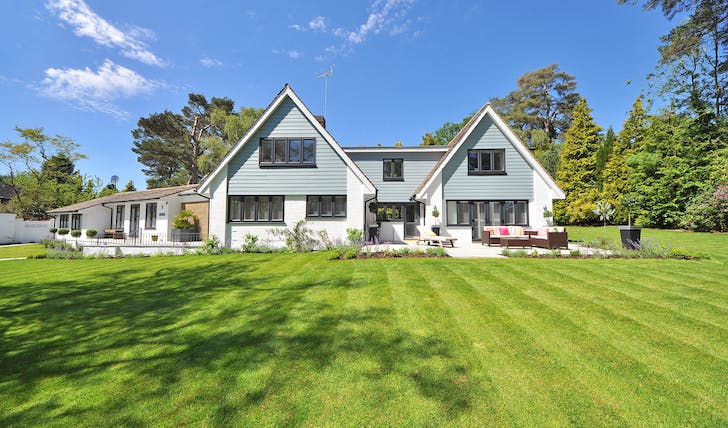In the world of real estate, climate change is a new player on the scene. Gone are the days when location, price, and aesthetics were the only concerns for homebuyers and sellers. Today, climate change is elbowing its way to the forefront of property discussions, emerging as a pivotal factor in decision-making processes.
Let’s explore how this global phenomenon is reshaping the real estate landscape.

The Rising Tide of Concern
One of the most visible effects of climate change on real estate is the increased risk of natural disasters. Flood-prone areas are expanding, and what used to be 100-year flood zones are now facing higher water levels more frequently.
Coastal properties, once highly coveted, are now being eyed warily due to rising sea levels. Homebuyers are increasingly asking about the history of natural disasters in an area – a question that was rarely raised a decade ago.
Another aspect influenced by climate change is the shifting of desirable locations based on temperature changes. Regions that were once deemed too cold are now becoming more attractive as they offer respite from increasingly hot climates. This shift is not just about comfort. It is also about costs.

Insurance & Green Homes: The New Deal Breakers
Insurance companies, the unsung forecasters of risk, are now playing a crucial role in homebuying decisions. In areas prone to climate-related disasters, insurance premiums have skyrocketed, making some homes financially unviable. So, prospective buyers are now more likely to inquire about insurance costs and may walk away from a deal if the numbers do not add up.
Amidst the growing concern for the environment, green homes are gaining traction. These are not just homes with a few solar panels. We are talking about properties designed for sustainability. Energy-efficient appliances, sustainable materials, and smart home technologies are not just selling points. Thus, they are becoming necessities for a growing number of environmentally conscious buyers.
The Long-Term Perspective
For long-term investors, climate change is a critical factor. Buying a home is no longer just about the here and now. It is about how the property will fare over decades. Will it still be insurable? Will it retain its value? These questions are prompting buyers to think long-term, considering the sustainability and resilience of their investments against the backdrop of a changing climate.

However, sellers are not immune to these changes either. Those in high-risk areas are finding it harder to sell, leading to a drop in property values. On the flip side, sellers of green, energy-efficient homes are seeing a surge in interest. Thus, adapting to this new reality means being upfront about risks and highlighting any sustainable features of the property.
Parting Thoughts
Climate change is no longer a distant threat. It is a present reality reshaping the real estate world. For homebuyers, it is about balancing dreams with practicality and aesthetics with sustainability. For sellers, it is about adapting to changing demands and being transparent about risks.
Thus, this new reality demands a new approach to buying and selling homes. One that takes into account not just what is, but what could be.
